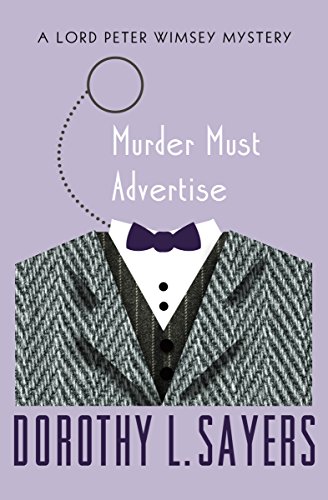
But Ruth wore her own face for the world—wore an expression of strength and humility and goodness. Should you become accustomed to her loveliness, there would still be all that left. This was a for-keeps girl. She couldn’t be any other way because all the usual poses and artifices were left out of her. This was a girl you could hurt, a girl who would demand and deserve utter loyalty.
I’ve read all John D. MacDonald’s Travis McGee books, and a good number of his non-McGee works. I’m not sure if I ever read A Bullet for Cinderella before, though. I find it hard to imagine I could have read it and forgotten it. This is early MacDonald (1955), but it’s a gem.
Tal Howard is a returned prisoner of war from Korea. Nowadays we’d say he has PTSD. He came home to a job and a faithful, waiting fiancée, but walked away from both of them, because he wasn’t the same man anymore. He wasn’t sure what to do with his life, so he thought he’d go look for the money Timmy Warden, as he lay dying in the camp, told him about. The money he’d embezzled from his and his brother’s business and buried in a secret place. “Cindy will know where it is,” he said.
Tal arrives in Timmy’s home town, Hillston (no state named). He finds Timmy’s brother broken and bankrupt, a bitter alcoholic. He meets Ruth, Timmy’s old girlfriend, who never guessed his secrets. He starts searching for a girl named Cindy, but there doesn’t seem to have been any such girl in the small town in Timmy’s time.
But he’s also reunited with an old acquaintance – Fitzmartin, another camp survivor. He’s no friend, though. A loner, a sneak, a spy, all the prisoners had hated Fitz. He overheard Timmy’s confession to Tal, and he has preceded him to Hillston. But so far he can’t find any Cindy either, and none of the many places he’s dug up have yielded treasure. Fitz has no doubt he can solve the puzzle – or, even better, if Tal solves it, he’ll just kill him and take the dough.
You may recognize in this synopsis a fairly standard Noir set-up. And that’s what it is – a morally compromised hero going for the easy score and finding himself in over his head. What raises it to the level of art is John D. MacDonald’s sheer mastery of his medium, the lucid prose, the complex characters, the essential humanity of the project. This book was written fairly early in the author’s career, but it’s a complete, polished achievement. Superior in its time and superior today.
A great introduction by Dean Koontz is included.
Recommended.









